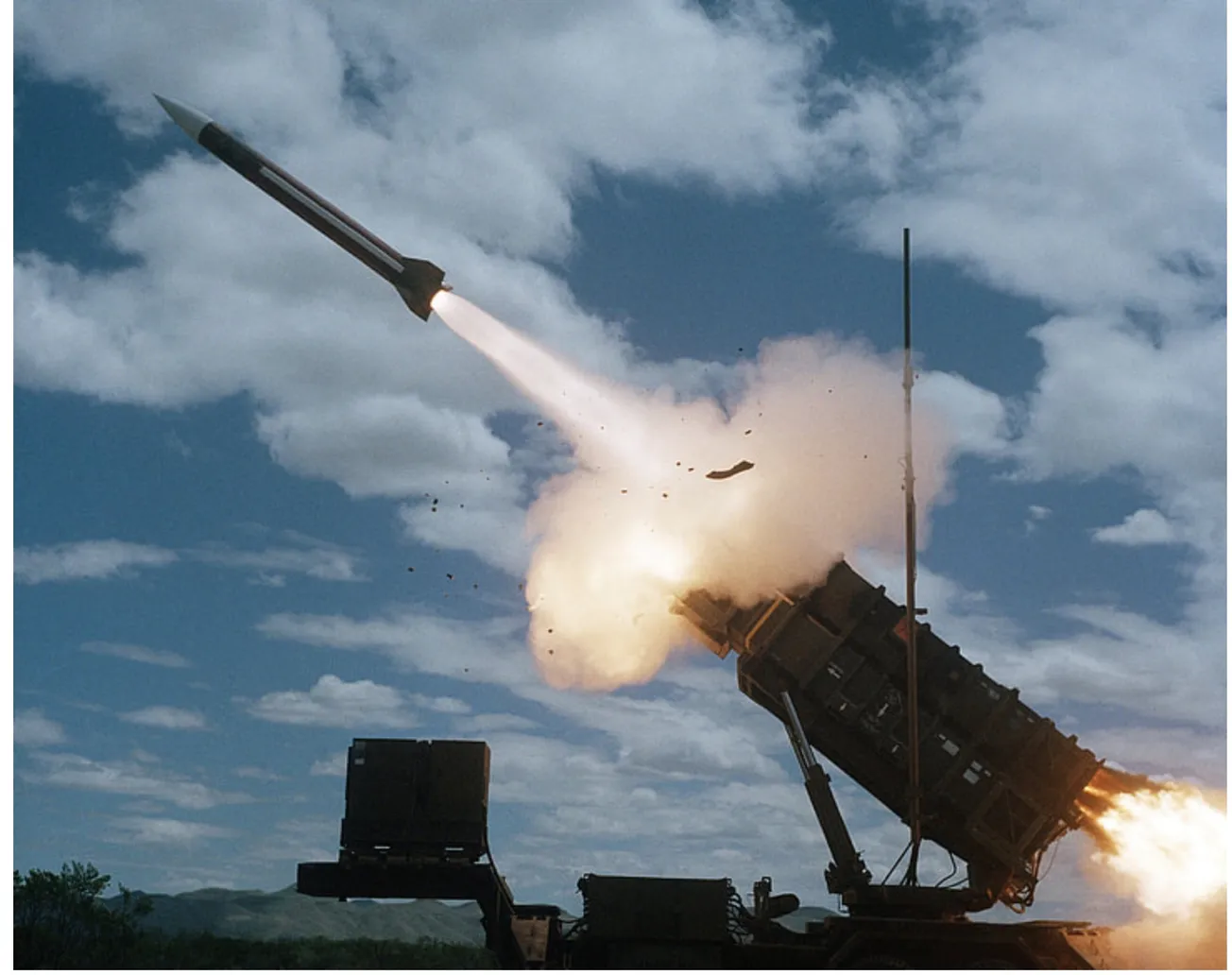April 1, 2024 (EIRNS)—Israel has launched a missile strike against the Iranian Embassy in Damascus. Among those killed was a brigadier general of the Iranian Revolutionary Guard Corps. As international opprobrium against Israel grows, is this an effort to broaden the war? To force the direct participation of the United States, for example?
As the meat grinder in Ukraine continues, more voices are pointing out the obvious: Ukraine—with the “support” NATO has been providing it—cannot defeat Russia. Even Macron has indirectly acknowledged this with his proposal for directly deploying troops to Ukraine. Former German Gen. Harold Kujat (ret.) has said that if Ukraine does not negotiate, it may not exist. Elon Musk, whose Starlink system is crucial to the Ukrainian military activities, has said the same.
Israel’s attempts to shore up its fast-eroding support on the international stage are not working; is forcing support by broadening the war the new strategy? NATO leaders have incongruously claimed not only that Ukrainian membership in NATO would have prevented Russia from daring to invade but also that Russia will march on (NATO) Western Europe after finishing with Ukraine.
In an environment filled with as many paradoxes as the present, even the most persistent ostrich would have trouble keeping its head in the sand. Who could fail to see the incongruities demanding greater understanding, were it not for the numbing effects of such things as drugs, alcohol, and surrender to social media and doomscrolling, to occupy the mind till the opportunity for thought has expired?
In both cases—that of Gaza and Ukraine the status quo cannot continue: a shift will occur. But what will it be?
An avalanche of change is required. A growing call to achieve a new paradigm of security, intertwined with economic, cultural, and technological development. While events can prompt reflection, resolution comes from within.
Against the backdrop of the horrors confronting the world, we can use the beauty of the human species, the immense good and joy that can come with a thriving, peaceful future, to develop the inner devotion to overcome our inertia and implement a system of international and social relations that make possible the resolution of the seemingly irreconcilable.
Lyndon LaRouche’s Oasis Plan, presented afresh through an upcoming April 13 Schiller Institute conference, paints, paradoxically, the global environment in which peace is possible, as reified through a detailed plan for the development of water, transport, and energy infrastructure in Southwest Asia, to transform a zone of conflict into a crossroads of connectivity.
As the world shifts, how can it be ensured that it moves toward peace, rather than annihilation?









